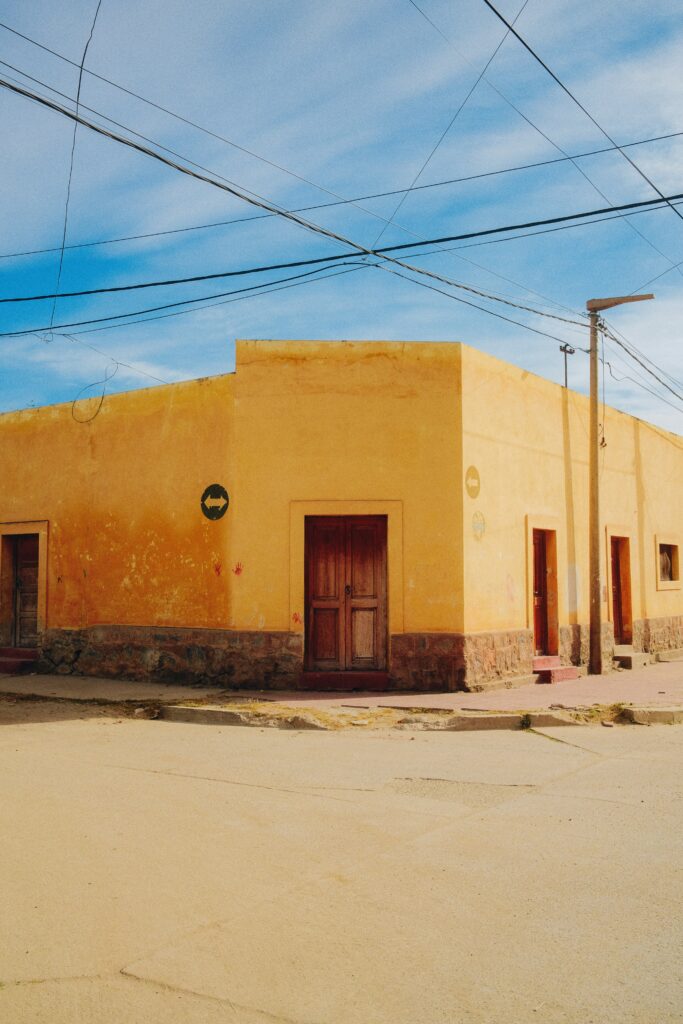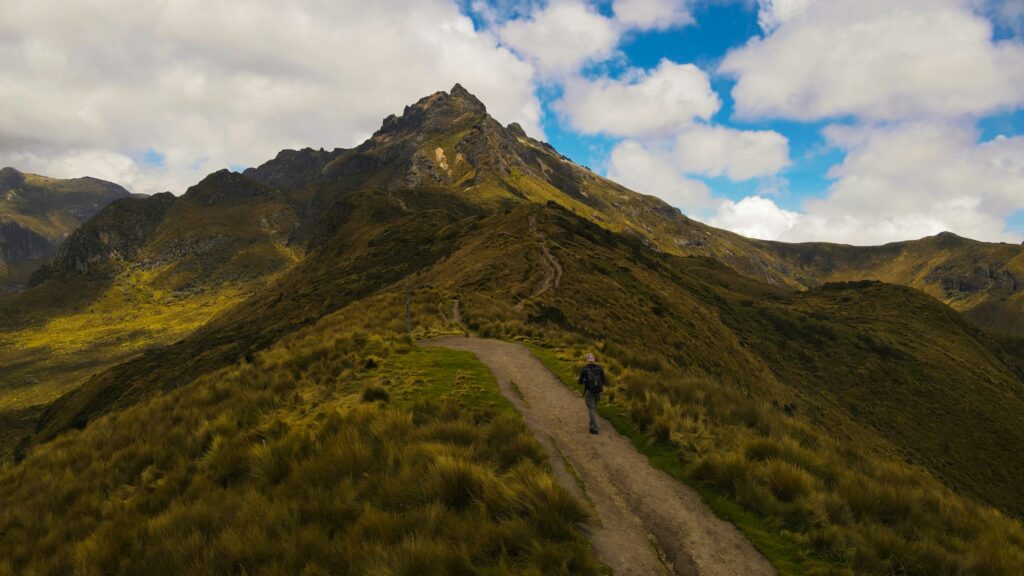Understanding Typhoid Fever Risks in Bolivia: A Comprehensive Guide
Bolivia, with its rich cultural heritage and breathtaking landscapes, attracts thousands of travelers annually. However, behind its beauty lies a concerning health risk that visitors should be aware of: typhoid fever. This bacterial infection remains prevalent throughout Bolivia and requires careful consideration when planning your travels to this South American nation.
The Prevalence of Typhoid Fever in Bolivia
Typhoid fever is endemic in Bolivia, with the country experiencing higher rates of infection compared to many other destinations. The Centers for Disease Control and Prevention (CDC) consistently identifies Bolivia as a country where travelers face significant risk of contracting this disease. The risk is particularly elevated in rural areas and smaller towns where infrastructure for clean water and sanitation may be limited.
Typhoid is caused by the bacterium Salmonella Typhi and spreads primarily through contaminated food and water. In Bolivia, where access to clean water can be inconsistent, especially outside major urban centers, travelers face increased exposure to potential sources of infection. The combination of variable sanitation standards and the presence of the bacterium in local environments creates conditions where typhoid can thrive.
Who Should Be Concerned About Typhoid in Bolivia?
The CDC recommends typhoid vaccination for most travelers visiting Bolivia, but certain groups should be particularly vigilant. Those planning to visit smaller cities, rural areas, or locations off the typical tourist path face heightened risk. Additionally, travelers staying with friends or relatives in local homes may encounter fewer protections against foodborne illnesses than those staying in accommodations catering to international visitors.
Long-term travelers, humanitarian workers, and adventure seekers exploring remote regions of Bolivia should consider typhoid protection essential. Even short-term visitors to major cities like La Paz, Santa Cruz, or Sucre should not disregard the risk, as exposure can occur through commonly consumed items such as street food, uncooked vegetables, or contaminated beverages.
Symptoms and Consequences of Typhoid Fever
Understanding what typhoid fever looks like can help travelers seek timely medical attention if symptoms develop. The disease typically begins with fever that gradually increases, often accompanied by weakness, abdominal pain, headache, and loss of appetite. Some patients may experience a rash of flat, rose-colored spots. Without proper treatment, typhoid can progress to more serious complications affecting vital organs.
The incubation period ranges from 6 to 30 days after exposure, meaning symptoms may not appear until after returning home from Bolivia. This delayed onset makes it crucial for travelers to monitor their health upon return and inform healthcare providers about recent travel if symptoms develop. Untreated typhoid fever carries a mortality rate of approximately 12-30%, highlighting the importance of prevention and prompt treatment.
Vaccination Guidelines for Bolivia-Bound Travelers
Vaccination against typhoid is highly recommended for travelers to Bolivia, ideally administered at least two weeks before departure. There are two primary vaccine options available:
- Oral vaccine (Vivotif): Consists of four capsules taken every other day, providing protection for approximately 5 years
- Injectable vaccine: Single-dose shot providing protection for about 2 years
The CDC and travel health specialists typically recommend obtaining vaccinations at least one month prior to travel to ensure optimal immunity develops before potential exposure. Each vaccine type has its advantages, and the choice between them should be discussed with a healthcare provider based on individual health history, travel duration, and specific itinerary within Bolivia.
Beyond Typhoid: Additional Health Considerations for Bolivia
While typhoid fever represents a significant concern, travelers to Bolivia should be aware of other health risks requiring preventive measures. Hepatitis A and B vaccinations are strongly recommended, as these diseases share similar transmission routes with typhoid. Yellow fever vaccination is required for travelers visiting certain regions of Bolivia, particularly lowland areas and the Amazon Basin.
Malaria prevention is essential for those visiting areas below 2,500 meters elevation, particularly in the Amazon Basin regions. Chikungunya, dengue fever, and Zika virus—all mosquito-borne diseases—also pose risks in Bolivia, especially during rainy seasons when mosquito populations increase. A comprehensive pre-travel consultation with a travel medicine specialist can help ensure all necessary vaccinations and preventive medications are identified based on specific travel plans.
Food and Water Safety: Your First Line of Defense
Since typhoid fever primarily transmits through contaminated food and water, practicing stringent food and water safety measures is your most important daily defense while in Bolivia. The mantra “boil it, cook it, peel it, or forget it” provides a useful framework for food choices. Stick to thoroughly cooked, hot foods and avoid raw vegetables, unpeeled fruits, and unpasteurized dairy products.
Water safety is particularly crucial. Drink only bottled water with intact seals or water that has been properly treated through boiling, filtration, or chemical disinfection. Remember that ice cubes, beverages diluted with water, and teeth brushing water can all be sources of infection if not properly purified. When dining out, choose establishments with good hygiene practices and avoid street food unless you’re confident about its preparation conditions.
Regional Typhoid Risk Variation Within Bolivia
The risk of contracting typhoid varies across different regions of Bolivia. Rural communities in the Andean highlands and Amazon lowlands typically present higher risk due to limited infrastructure for water treatment and waste management. Urban centers like La Paz and Santa Cruz generally have better sanitation systems, but risks remain present, particularly in peripheral neighborhoods or when consuming food from informal vendors.
Travelers exploring Bolivia’s popular tourist destinations such as Salar de Uyuni, Lake Titicaca, or the colonial city of Sucre should maintain vigilance despite their tourist-friendly reputations. The nature of typhoid transmission means that even in well-developed areas, a single exposure through contaminated food or water is sufficient for infection. For a broader understanding of typhoid risks across the region, consider reviewing information about typhoid fever in Latin America and the Caribbean.
Treatment Options if Infection Occurs
Despite best preventive efforts, infections can occur. If you develop symptoms consistent with typhoid fever while in Bolivia or after returning home, seeking prompt medical attention is essential. Inform healthcare providers about your travel history immediately, as this will guide appropriate testing and treatment. Typhoid is typically diagnosed through blood, stool, or urine cultures.
Treatment generally involves antibiotics, with the specific regimen determined by local resistance patterns and individual factors. Bolivia, like many regions with endemic typhoid, has seen increasing antibiotic resistance, potentially complicating treatment. Completing the full course of prescribed antibiotics is crucial, even if symptoms improve before finishing the medication. Supportive care with adequate hydration and rest also plays an important role in recovery.
Preparing a Travel Health Kit for Bolivia
A well-stocked travel health kit can provide the resources needed to maintain health and address minor issues before they escalate. For Bolivia-bound travelers concerned about typhoid and other health risks, consider including:
- Basic first aid supplies (adhesive bandages, antiseptic, etc.)
- Prescription medications in original containers with copies of prescriptions
- Water purification tablets or portable water filter
- Hand sanitizer (at least 60% alcohol)
- Insect repellent containing DEET, picaridin, or other EPA-registered ingredients
- Oral rehydration salts for addressing dehydration if gastrointestinal illness occurs
- Digital thermometer to monitor fever
- Medical insurance information and emergency contacts
Additionally, research medical facilities in the areas you plan to visit and keep contact information accessible. Having a plan for seeking medical care can save valuable time if illness develops during your travels.
Accessing Medical Care in Bolivia
Understanding how to access healthcare in Bolivia is crucial should illness occur during your visit. Major cities like La Paz, Cochabamba, and Santa Cruz have hospitals and clinics with reasonable standards of care, though facilities in rural areas may be limited. Private hospitals in urban centers typically offer better services than public facilities but require payment at the time of service.
Before traveling, secure comprehensive travel health insurance that includes coverage for medical evacuation. Keep policy information and emergency contact numbers readily accessible. If you require medical attention while in Bolivia, hotel staff or tour operators can often direct you to appropriate facilities. For serious conditions, medical evacuation to neighboring countries with more advanced healthcare systems may be necessary.
Typhoid Prevention for Specific Traveler Types
Different travel styles in Bolivia carry varying levels of typhoid risk. Adventure travelers hiking through remote areas or exploring the Amazon Basin face higher exposure risk due to limited access to clean water and sanitation facilities. Bringing water purification equipment is essential for these journeys. Cultural immersion travelers staying with local families or participating in community homestays should be particularly vigilant about food preparation methods and water sources.
Business travelers spending time primarily in urban environments face lower but still present risks, particularly when dining out. Luxury travelers staying at high-end accommodations benefit from establishments’ food safety standards but should still exercise caution with raw foods, street vendors, and beverages. Regardless of travel style, typhoid vaccination provides an important layer of protection for all visitors to Bolivia.
Post-Travel Health Monitoring
Typhoid fever’s incubation period means symptoms may not develop until after returning home. Remain vigilant for symptoms such as persistent fever, abdominal discomfort, headache, or general malaise for at least a month following your return from Bolivia. If these symptoms develop, seek medical attention promptly and emphasize your travel history to healthcare providers.
Some travelers may become asymptomatic carriers after infection, capable of spreading the bacteria without showing symptoms. This reinforces the importance of post-travel screening if you’ve experienced any suspicious symptoms, particularly if you work in healthcare, food service, or childcare settings where transmission to others could occur.
The Economic and Social Impact of Typhoid in Bolivia
Beyond individual traveler concerns, typhoid fever represents a significant public health challenge for Bolivia’s healthcare system and economy. Endemic typhoid affects local populations, particularly children, leading to school absenteeism, lost productivity, and healthcare costs. Understanding this broader context helps travelers appreciate why preventive measures matter not only for personal health but also for responsible tourism that minimizes impact on local communities.
Bolivia continues working to improve water and sanitation infrastructure, but progress varies significantly between urban and rural areas. By following recommended precautions, travelers can protect themselves while also reducing potential burden on local healthcare resources that serve communities where typhoid remains an ongoing challenge.
Conclusion: Balancing Adventure with Health Precautions
Bolivia offers extraordinary experiences for travelers, from the otherworldly landscapes of the salt flats to the vibrant cultural heritage of its indigenous communities. With proper preparation focused on typhoid prevention and other health considerations, travelers can enjoy these experiences while minimizing health risks. The combination of vaccination, vigilant food and water practices, and knowing how to access care if needed creates a foundation for safe travel.
Don’t let concerns about typhoid fever deter you from experiencing Bolivia’s wonders. Instead, let these health insights empower you to travel with confidence through proper preparation. Consider protecting yourself with typhoid immunization before departure. The oral typhoid vaccine Vivotif offers effective protection and convenience with its simple dosing schedule. Order Vivotif from Runway Health today to ensure your Bolivian adventure remains focused on incredible experiences rather than preventable health concerns.

